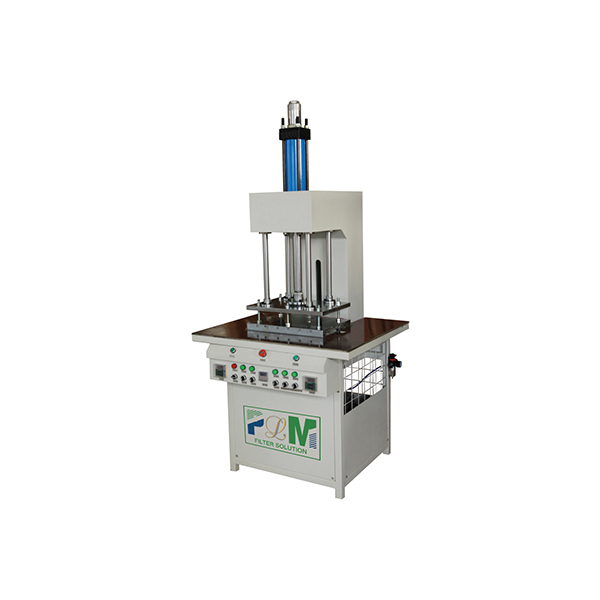Oct . 01, 2024 11:43 Back to list
Premium HEPA Air Filter Materials for Superior Air Quality and Filtration Efficiency
High-Quality HEPA Air Filter Raw Materials A Key to Clean Air
In today’s world, where air quality has become a significant health concern, high-quality HEPA (High-Efficiency Particulate Air) filters play a crucial role in ensuring clean air. These filters are renowned for their ability to capture tiny particles, which makes them essential in various settings, from residential homes to hospitals and industrial environments. At the heart of effective HEPA filters lies their raw materials, which directly influence performance, durability, and overall efficiency.
What is HEPA?
Before delving into the raw materials, it's essential to understand what HEPA is. HEPA filters are defined as filters that can trap at least 99.97% of particles that are 0.3 microns in size. This standard is crucial for applications that require superior filtration, such as in settings where individuals may suffer from allergies or respiratory diseases. The effectiveness of these filters is significantly influenced by the raw materials used in their construction.
Key Raw Materials for HEPA Filters
1. Fiberglass Fiberglass is one of the most commonly used materials in the production of HEPA filters. Its fine, lightweight fibers allow for a high surface area, enhancing the filter's ability to capture particles. Moreover, fiberglass is resistant to moisture, making it suitable for various environmental conditions. Filters made from fiberglass can withstand changes in humidity without losing their efficiency, thus ensuring consistent air quality.
2. Polypropylene Polypropylene is a thermoplastic polymer that has gained popularity as a raw material for HEPA filters due to its excellent filtration properties. It is lightweight, chemically resistant, and can be produced in various densities, allowing for customized filtration solutions. Polypropylene fibers also provide a high degree of airflow while efficiently capturing particulate matter, making them ideal for both air and liquid filtration applications.
high quality hepa air filter raw material

3. Synthetic Media Synthetic media, often made from a blend of polymers, is increasingly used to produce HEPA filters. These materials can be engineered to achieve specific filtration efficiencies and airflows, making them highly versatile. Synthetic media can also be designed to improve durability and reduce particulate release, ensuring that the filters not only capture contaminants but also maintain their integrity over time.
4. Activated Carbon While not a part of traditional HEPA filtration, activated carbon is often integrated into HEPA filters for enhanced performance. It is especially effective in adsorbing volatile organic compounds (VOCs), odors, and other gaseous pollutants. The combination of HEPA filtration and activated carbon treatment enables a more comprehensive approach to air purification, addressing both particulate and gaseous contaminants.
5. Frame Materials The structural integrity of a HEPA filter is as important as the filtering media itself. Common frame materials include cardboard, metal, and plastic. The choice of frame material affects the filter's durability and its ability to maintain a seal within air handling systems. A robust frame prevents air bypass, ensuring that all air passes through the filter media, thereby maximizing efficiency.
The Importance of Quality Control
To produce high-quality HEPA filters, manufacturers must ensure strict quality control throughout the production process. Raw materials should undergo rigorous testing to verify their filtration efficiencies and structural integrity. This is crucial, as even minor flaws can significantly degrade a filter’s performance. By investing in high-quality raw materials and maintaining stringent quality standards, manufacturers can deliver filters that reliably protect indoor air quality.
Conclusion
High-quality HEPA air filters are indispensable in our efforts to create healthier indoor environments. The raw materials used in their production—such as fiberglass, polypropylene, synthetic media, and activated carbon—play a vital role in their effectiveness. As our understanding of air quality and its impact on health continues to grow, so does the importance of investing in high-quality filtration systems that utilize advanced materials. In doing so, we can ensure cleaner air and a safer environment for all.
-
Durable Sintered Porous Metal Filter Tube Cup & Machines
NewsJul.22,2025
-
Effective Active Carbon Air Filter for Purifiers | Eliminate Odors
NewsJul.21,2025
-
PLJT-250-25 Full-auto Turntable Clipping Machine | Efficient Automation
NewsJul.20,2025
-
Cheap PLJY109-500 Full-Auto HDAF Expanded Mesh Spiral Coiling Machine - High Efficiency & Quality Manufacturer
NewsJul.08,2025
-
Best PLHJ-6 Full-Auto Eco Filter Rotary Heat Plating Machine - High Efficiency & Eco-Friendly Solution
NewsJul.08,2025
-
High-Efficiency Paper Pleating Machine for Filters Trusted Filter Paper Pleating Machine Company
NewsJul.07,2025
